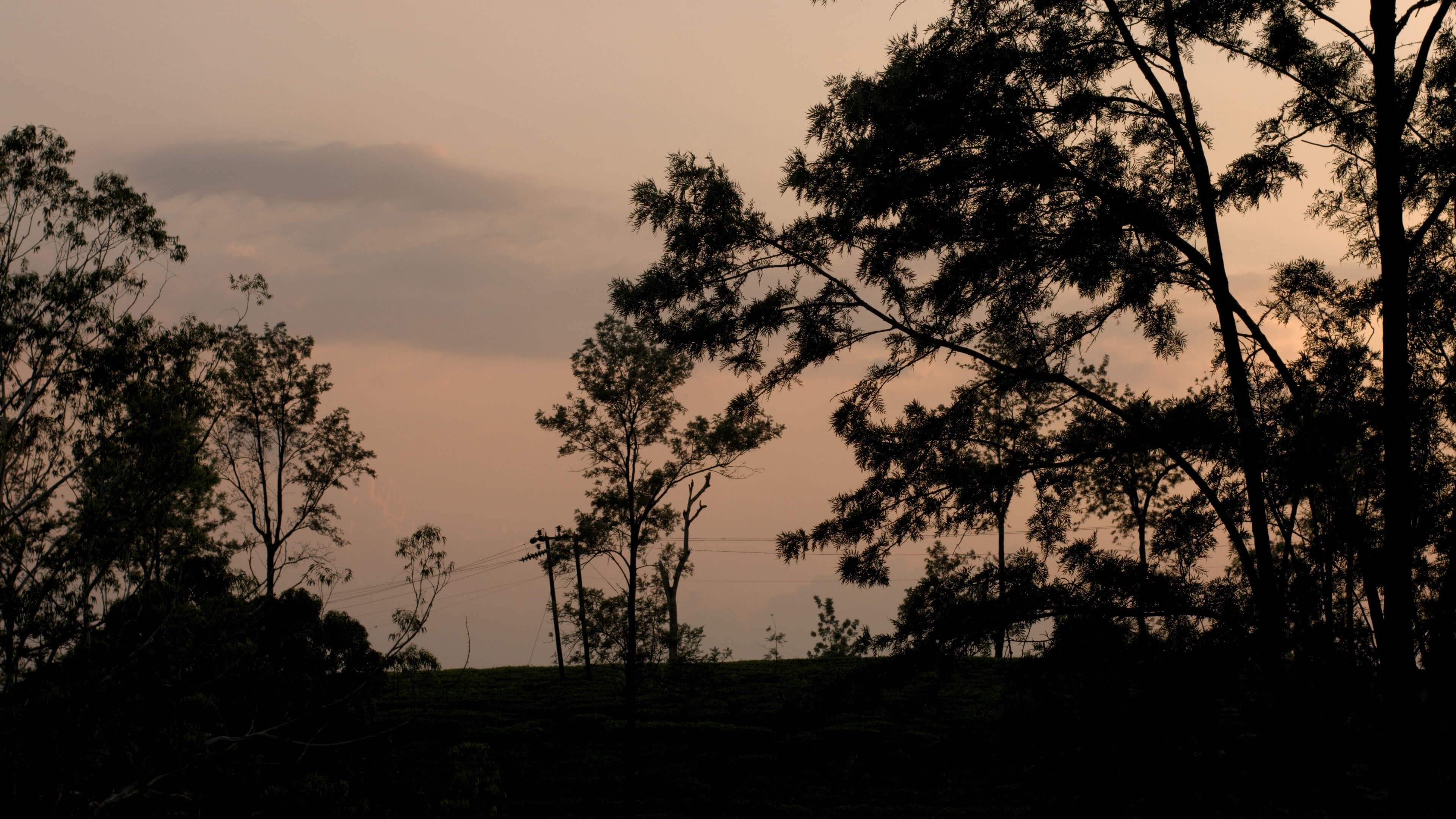
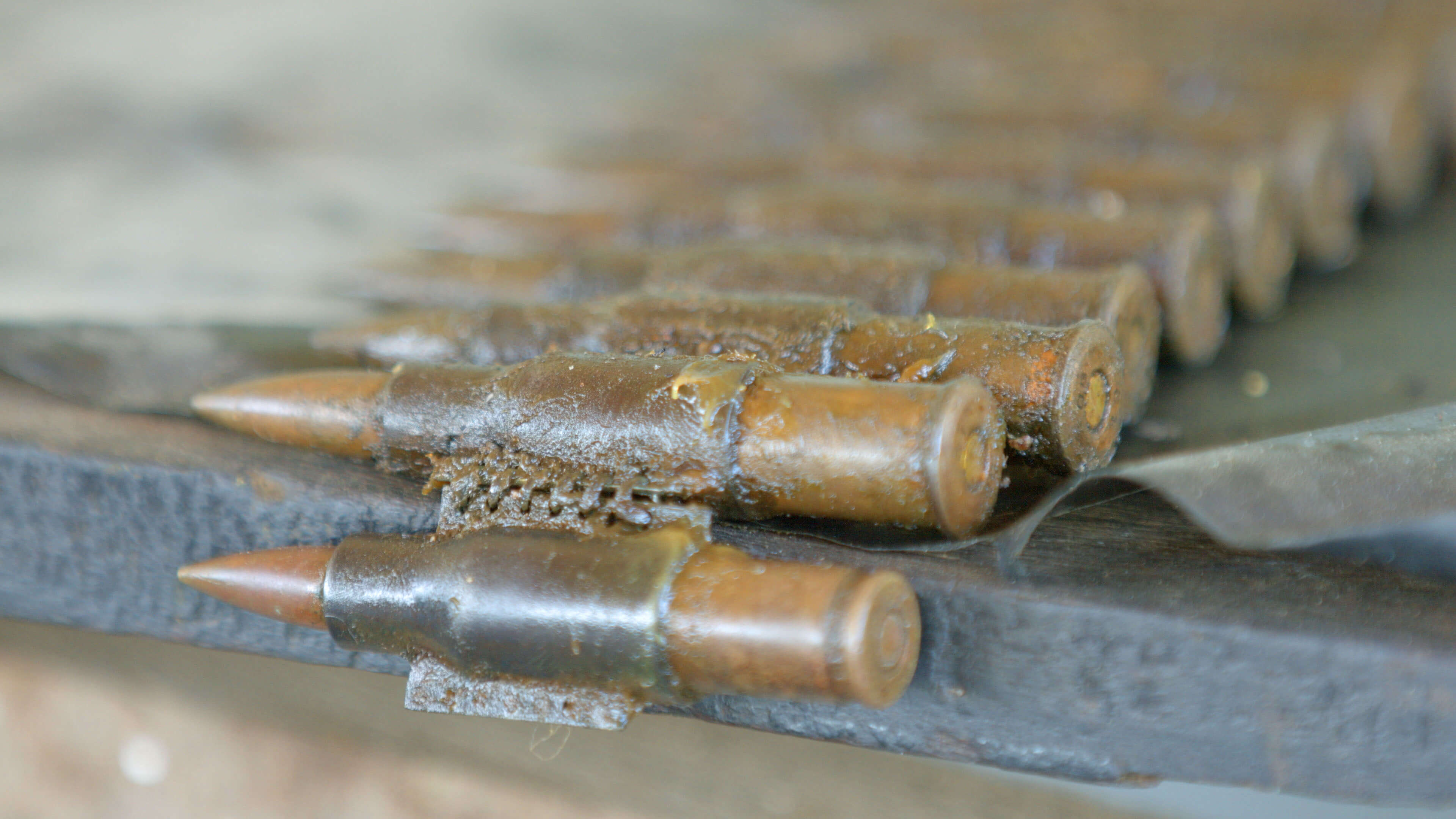
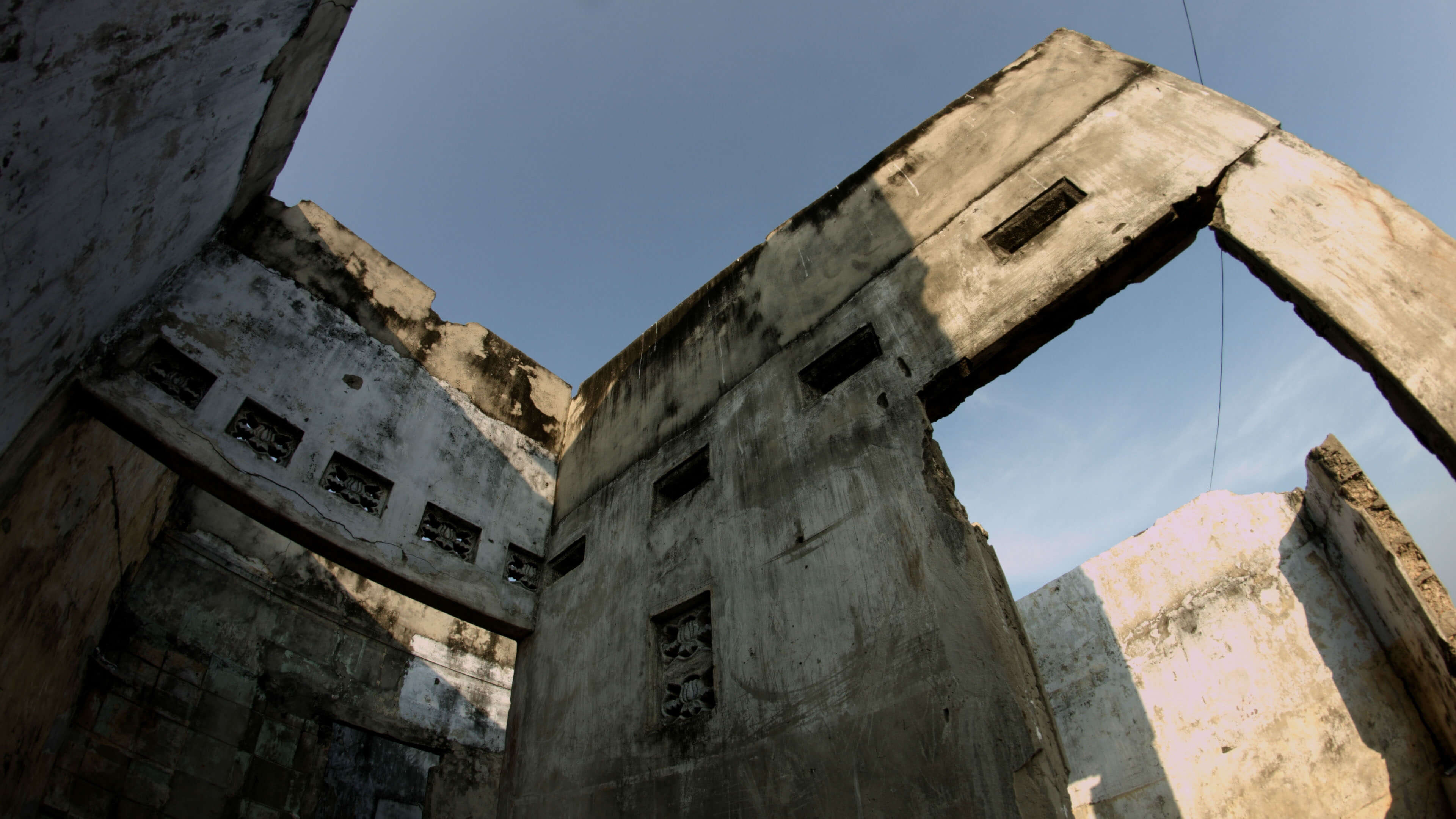
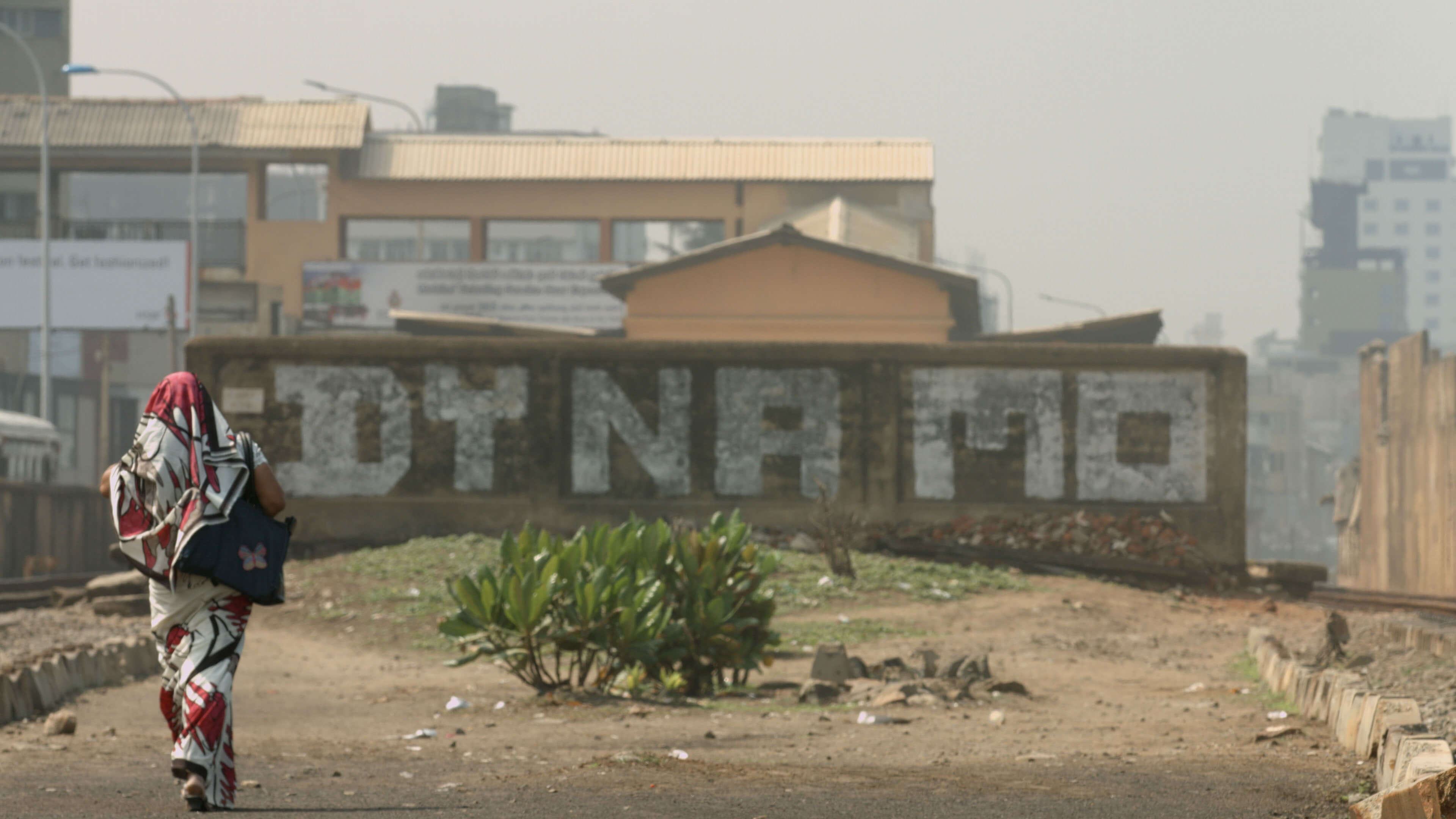
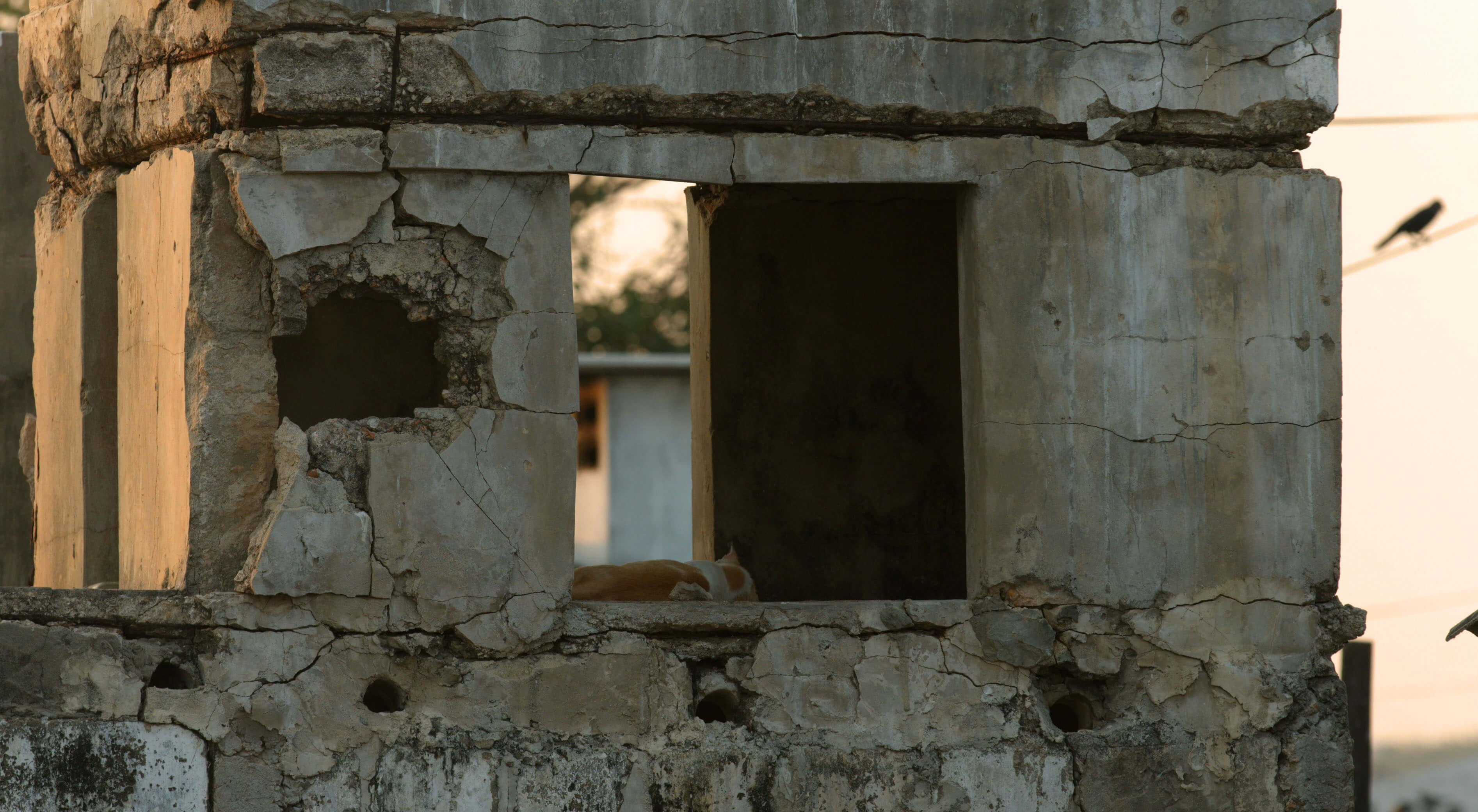
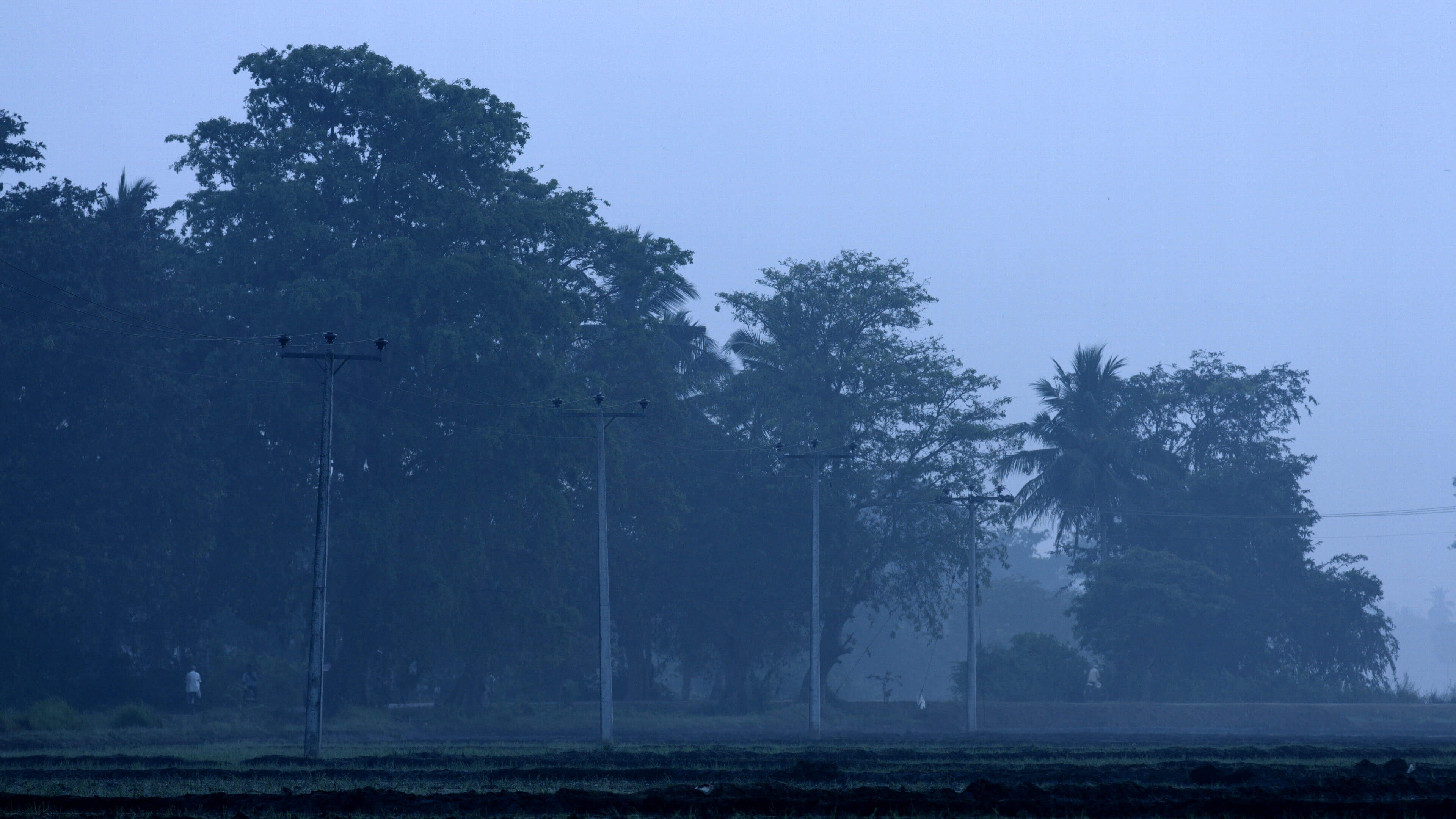
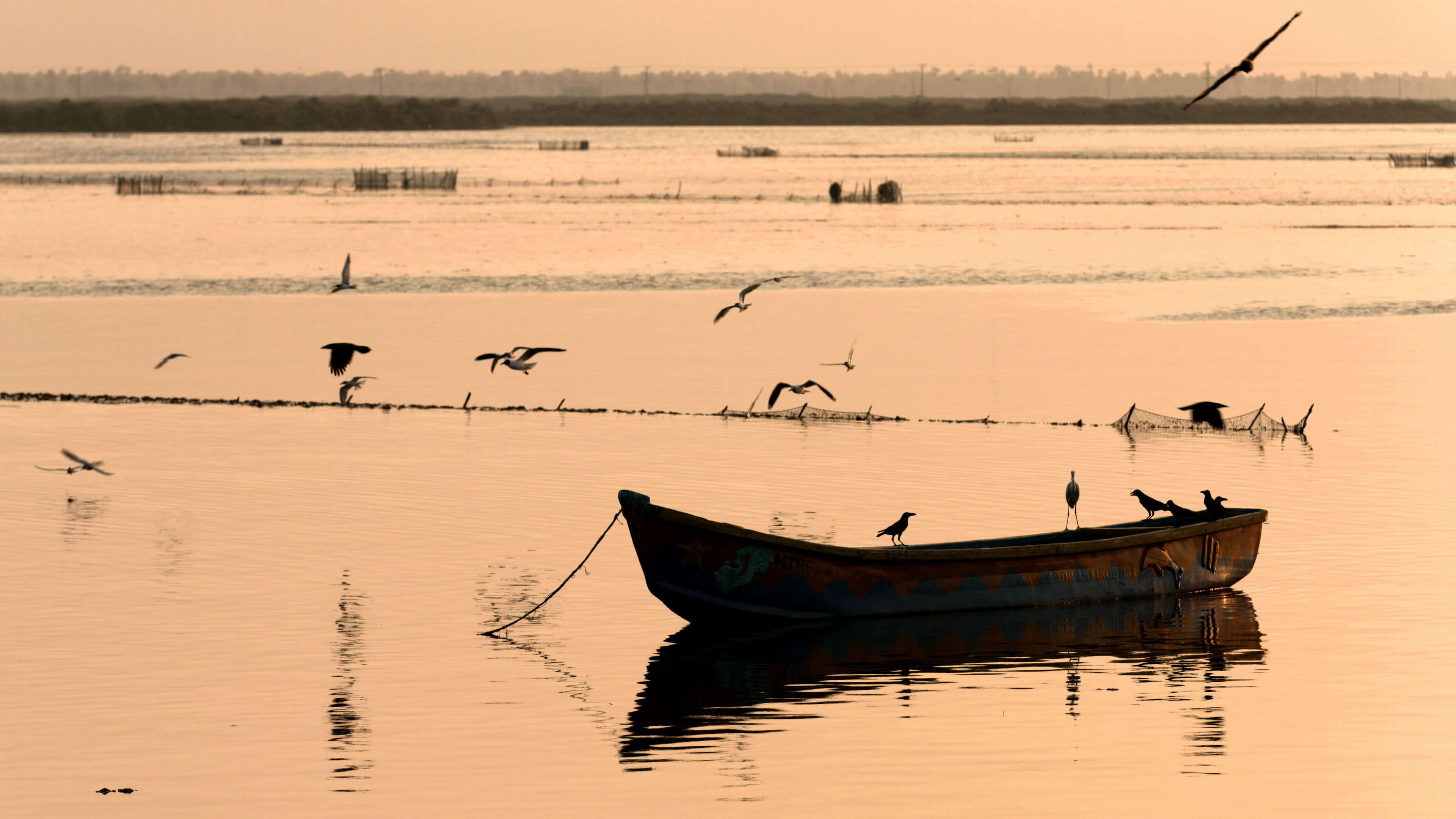
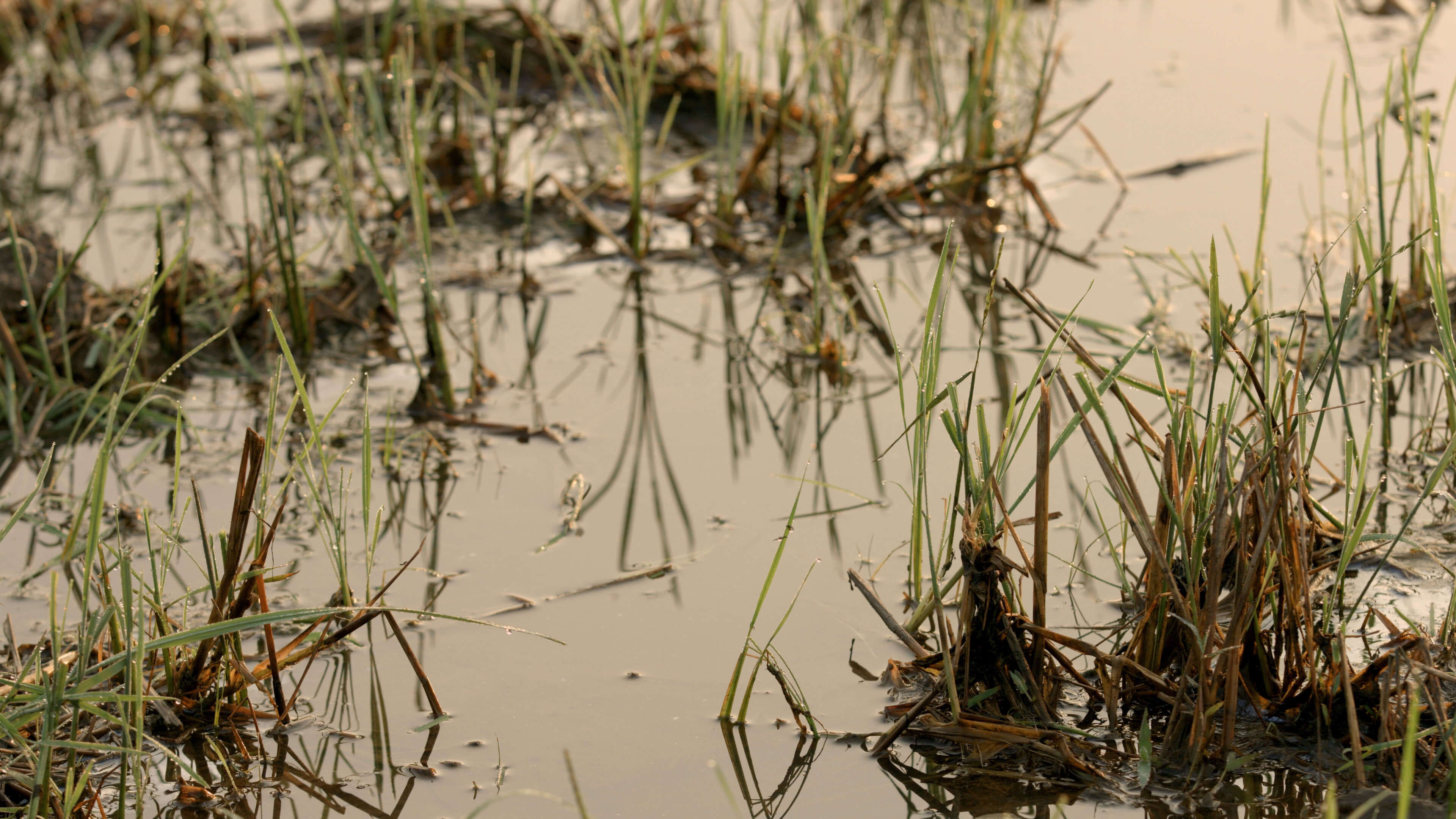
BEYOND
THE BEACH
HOVER TO
NAVIGATE


in the dead of night.
She heard footsteps on the pathway outside her home and was paralysed with the terror that the sound of jackboots brings to a single mother.
“I understood what was happening, but couldn’t call for help,” said Latha, whose name has been changed to protect her identity. “It would cost me my honour.”
She lay there shivering, silent, hoping her two young children wouldn’t wake up as she was raped in the bedroom they shared.
WAS STILL AWAKE WHEN THE SOLDIER CAME

what happened to her. They’ve already been through so much. As babies, they survived a war that killed their father. She knows that reporting the rape to the military could have her killed too. And then they’d be orphans.
Latha’s husband fought with the LTTE and died in battle in early 2009 during those brutal final months.
Latha and the children were held in a government detention camp with 280,000 other Tamils who were rounded up at the end of the war. When they were released 19 months later, Latha began to rebuild her shattered life.
With aid from the Indian government, she bought an inexpensive plot of land in a new housing development for those displaced by the war. Latha built the house slowly, adding parts as she earned enough money to buy materials and pay labourers.
NOW, LATHA WON’T TELL HER CHILDREN

The house was still unfinished when she moved in with her two children. There were no doors or windows, but it had a roof and she needed a home.
“The police and the army came very often,” Latha said. “They collected information about the people living there. They came to know who was a widow, who was living without a man in the house.”
Sri Lankan army soldiers stationed nearby frequently patrolled the neighbourhood to check on residents - especially widows - and offer help building their houses.
“I didn’t like this. I even avoided being there because I don’t have a husband,” Latha said. She refused their help, but they came back anyway.
Latha never reported the rape to authorities, fearing the stigma, shame and exile it could bring to her and her children. Traumatised and alone, she considered suicide. “My heart always kept telling me to end my life. But when I looked at my children…” her voice trailed off. “It was only after I put them to sleep that I could cry.”

about half of them are the only breadwinners in their families. Many live in poverty and struggle to obtain the basics: food, housing, work. A heavy military presence in the country’s north and east adds to their insecurity, according to the United Nations.
In a report on sexual violence in conflict, UN Secretary General Ban Ki-moon noted that, in post-war Sri Lanka, “These issues remained pertinent during 2013, as women and girls, especially in female-headed households, continued to be vulnerable to sexual harassment and abuse, including at the hands of military personnel.”
Sri Lanka’s deputy ambassador to the United Nations, Major General Shavendra Silva - a commanding officer during the civil war - disputed the UN report in a speech to the Security Council in April.
“Sri Lankan authorities reject the inferences made by certain organisations and reports that the presence of military contributes to the insecurity of women and girls in the former conflict affected areas,” he said.
CIVIL WAR LEFT AN ESTIMATED 89,000 WOMEN WIDOWED;

Major General Silva said that out of 307 persons accused of sexual violence in the country’s Northern Province during the post-war period, only 10 were security personnel. In all of those cases, the military took “stringent action, including discharging the offenders”, he said.
He also told the UN Security Council that the government has established “women and children police desks” in the Northern and Eastern Provinces, staffed with female officers trained to deal with reports of sexual violence.

out of fear of reprisals by the military, advocates say.
“The manner of dealing with people seems to be attack the people who make complaints and retaliate against them,” said Yasmin Sooka, author of the report An Unfinished War: Torture and Sexual Violence in Sri Lanka 2009 - 2014, released in March by the Bar Human Rights Committee of England and Wales.
Sooka, a South African human rights lawyer, told Al Jazeera that one of the most surprising findings of the report is that rape, torture and abductions have increased since the end of the war in 2009. Investigations by Human Rights Watch and Minority Rights Group International have also offered evidence of widespread and systematic sexual violence committed by Sri Lankan security forces since the war’s end.
MAJORITY OF RAPES GO UNREPORTED

A network of underground activists provides women with medical care and counselling, and then helps them escape their abusers.
One such activist told Al Jazeera she sometimes discourages women from reporting rape to authorities. “It is very dangerous for us to even ask these women to go to court,” said Sabiya, who chose not to use her real name. “Sometimes we help them with abortion and help them start their livelihood somewhere else. Or sometimes we try to get them protection visas and send them out of the country. That’s all we can do.”
Minister of Child Development and Women’s Affairs, Tissa Karalliyadda, has another idea to help rape survivors. In April, he proposed a new law that would require a rapist to marry his victim if she wishes. He stipulated that if the victim is under the age of 18, they would have to wait until she is of legal age to marry.
“The idea is to ensure the victim gets justice. If she feels the rapist must marry her for what he did to her, then she must have that option,” the minister said, according to the Sri Lankan newspaper The Sunday Leader.

a “comfort women situation”, in which women engage in consensual sex as a matter of survival - receiving money, assistance and sometimes contraception from soldiers in return.
“In a highly militarised area where the military has the entire power, and you have nothing other than your child being hungry, you need access to money. So what do these women do?”
Some of them migrate to the Middle East as domestic workers. Others, Sabiya said, “give their body to the military - because military has the money to pay for that”.
ALSO DESCRIBED WHAT SHE REFERRED TO AS

